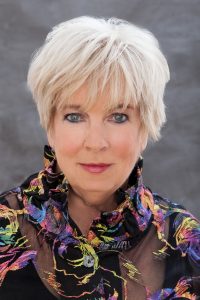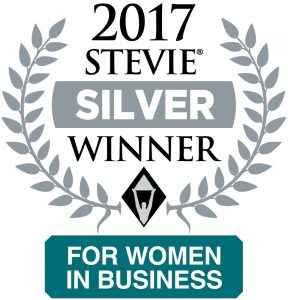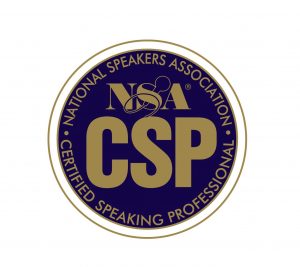California and San Francisco employment laws are some of the most complex in the nation. The recent Fair Chance Ordinance that went into effect on August 13 requires employers with more than 20 employees to limit the use of criminal history information and follow certain procedures and restrictions when inquiring about and using conviction history information. (for more information go to: Fair Chance Ordinance Frequently Asked Questions on employment and City contracting.)
As I review some of the ordinances and requirements for California and San Francisco employers, some are a good reminder that employers, no matter what city or state, should be providing fair chances, fair opportunities and benefits that are fair to the majority of the workforce. Given the economic, technological, demographic and societal changes that have occurred, especially in the past 6 years, many people struggle to earn a decent wage and work several jobs to make ends meet.
What would happen if more organizations asked the following questions when making decisions:
- What’s in the best interest of our customers?
- What’s in the best interest of our employees?
- What’s in the best interest of the communities in which we operate?
- What’s in the best interest of our shareholders?
Unfortunately, many organizations make decisions based on the last question, to the exclusion of the others.
If we want to live in a world that is safe, perhaps it’s time for organizational leaders to start making decisions that are looking out for the whole rather than self interests or special interest groups.
It’s time to stop operating out of fear and blaming and making excuses.
Fairness is a two way street: It’s time to hold people accountable. It’s time to set expectations and give feedback if people aren’t being accountable. It’s time to have courage to stand up for what’s right and do the right thing.
If you’re interested in creating a culture of accountability and collaboration, it can happen in any industry and organizations or departments of any size. For example, Marty has helped transform cultures in rural hospitals, nationally recognized arts and entertainment organizations, engineering firms, international associations, public works departments and commercial plumbing.
Call her today for a complimentary consultation to discuss ways to transform your culture: 816-695-5453.









